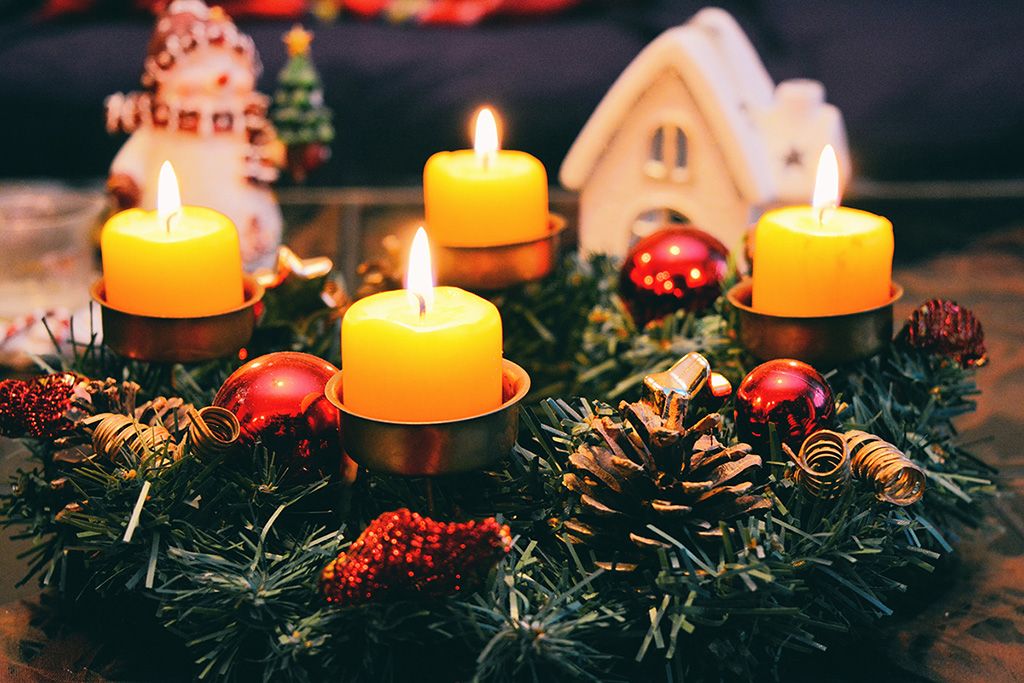 We are deep into the holidays, and many of us have a tendency to celebrate the season with scented candles. While the holiday scents seem to bring comfort and joy, the black soot caused by burning of these aromatic candles actually can be harmful to you, your indoor air quality, and your heating, air conditioning, and ventilation (HVAC) system.
We are deep into the holidays, and many of us have a tendency to celebrate the season with scented candles. While the holiday scents seem to bring comfort and joy, the black soot caused by burning of these aromatic candles actually can be harmful to you, your indoor air quality, and your heating, air conditioning, and ventilation (HVAC) system.
Candles, along with many home-cleaning supplies, scented soaps, and air fresheners, all release irritants into the air, causing indoor air pollution. If you choose to burn candles or buy special soaps and air fresheners this holiday season, look for greener options to protect your family and your home.
Why Are Candles Hazardous to Your Health?
Many candles are made with paraffin, and when they burn, they release toxic chemicals that have been linked to cancer, respiratory problems from breathing in particles from the burning of candles, and other health concerns. The elderly, children, and people suffering from heart or lung disease are even more at risk.
Burning candles also make the air in your home warmer, causing that air to rise along with the toxins that are being released. A candle’s soot and smoke find their way into the ductwork and central air system of your home, allowing them to spread throughout. For a safer home environment with cleaner air quality, it’s best to throw out any old candles that might contain paraffin. Instead, try using candles made of vegetable wax or beeswax, or any other non-toxic product.
What Is Black Soot and Where Does It Come From?
Have you noticed a black residue clinging to your walls, drapes, furniture or carpet? If you see it in these places, imagine what it’s doing to the air filter and HVAC system. If you are burning candles on a regular basis, this black soot can build up in your home.
While the scent of a candle may be pleasant, it could be doing damage to your home. Soot eventually can collect throughout the house and may not be filtered properly through your home’s filtration system. These particles also can attach to the cooling and heating coils of the HVAC system and decrease the unit’s efficiency.
A few things you can do to prevent black soot buildup or black soot deposition is to keep burning candles away from drafts, vents, ceiling fans and any form of air current in your home. Don’t use low-quality candles and keep the wicks of candles trimmed. Purchase quality candles and only burn them for an hour at a time. Give them time to cool down before lighting them again.
If you burn candles often, replace high-efficiency filters more frequently. Older, standard furnace filters should be replaced at least once a month. Any form of black soot appearing on your filter can be dangerous to your health. Consult an HVAC professional to find the cause of the soot, to take care of the problem, and keep it from happening again.
Other Articles That Might Interest You
10 ways to prep your home for your holiday vacation
Why it’s a good idea to have a regular maintenance plan with your HVAC pro
Have you checked your smoke detector lately?
